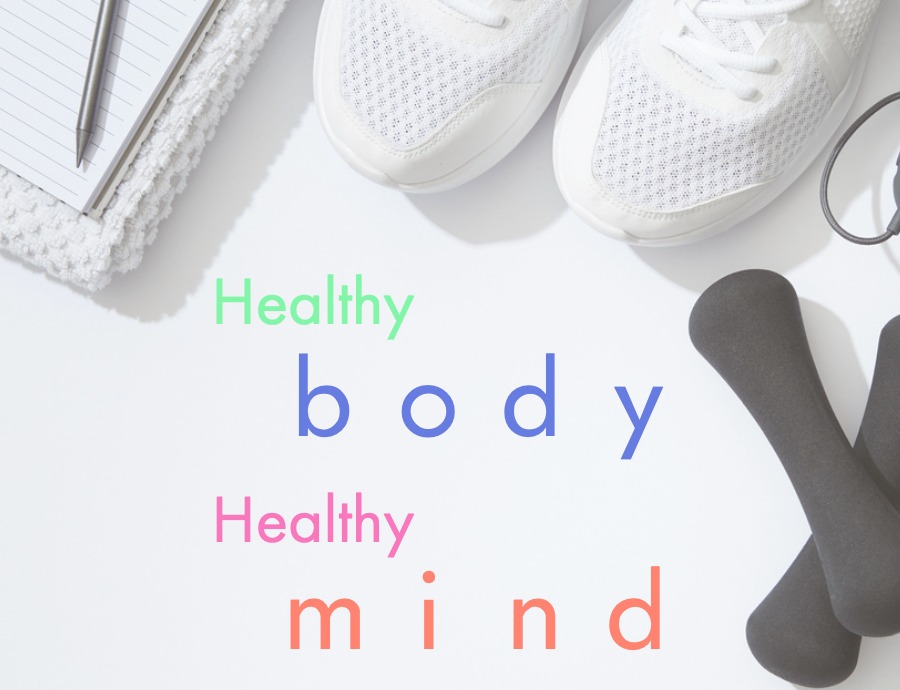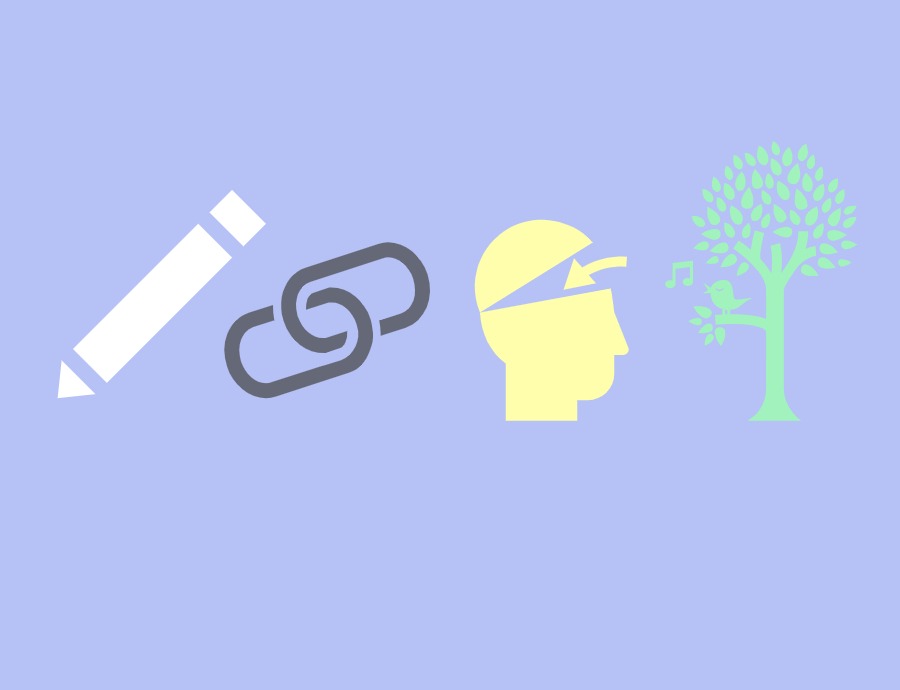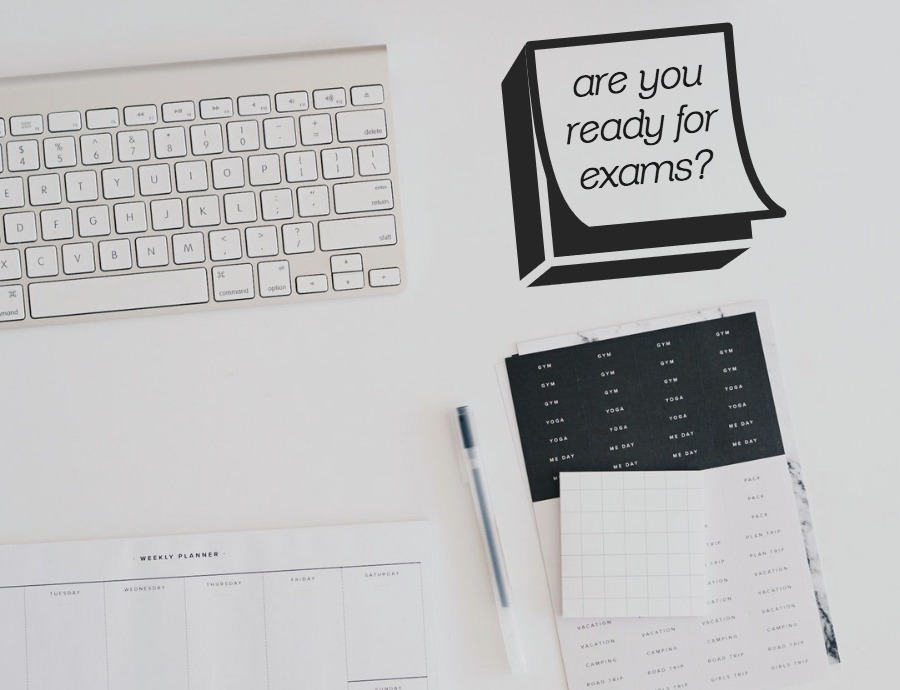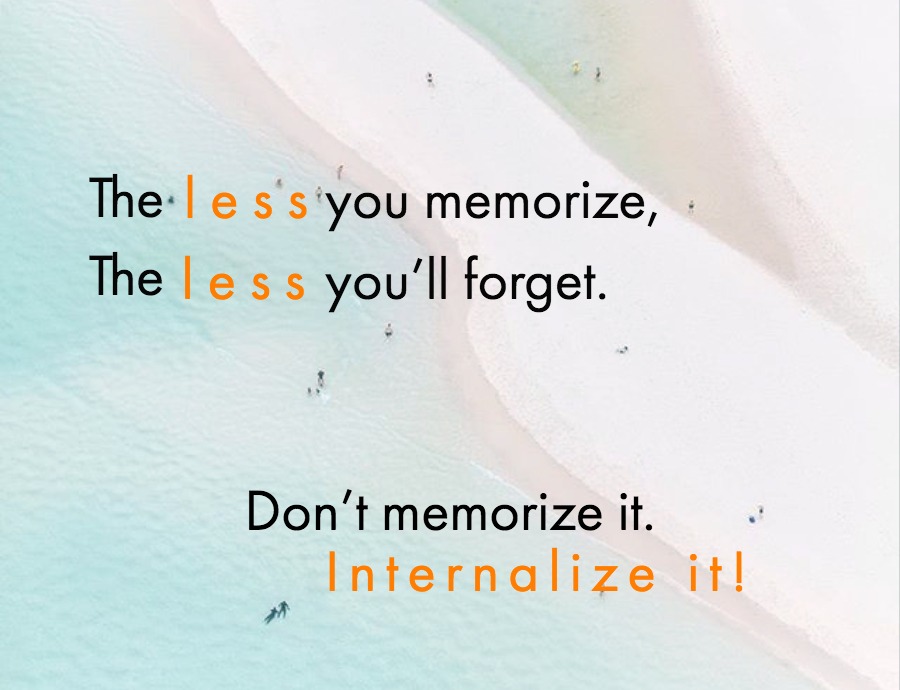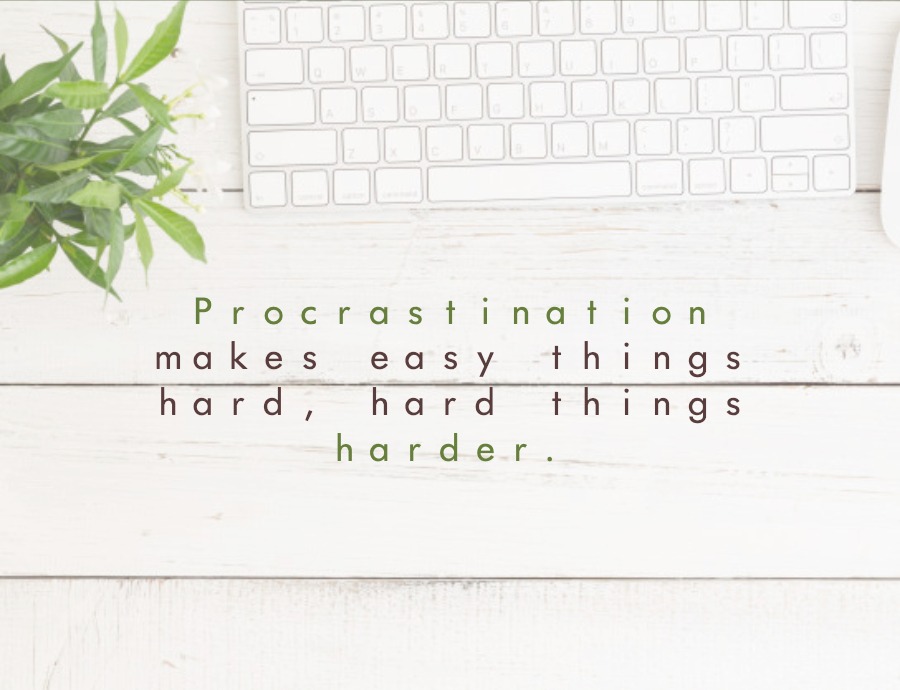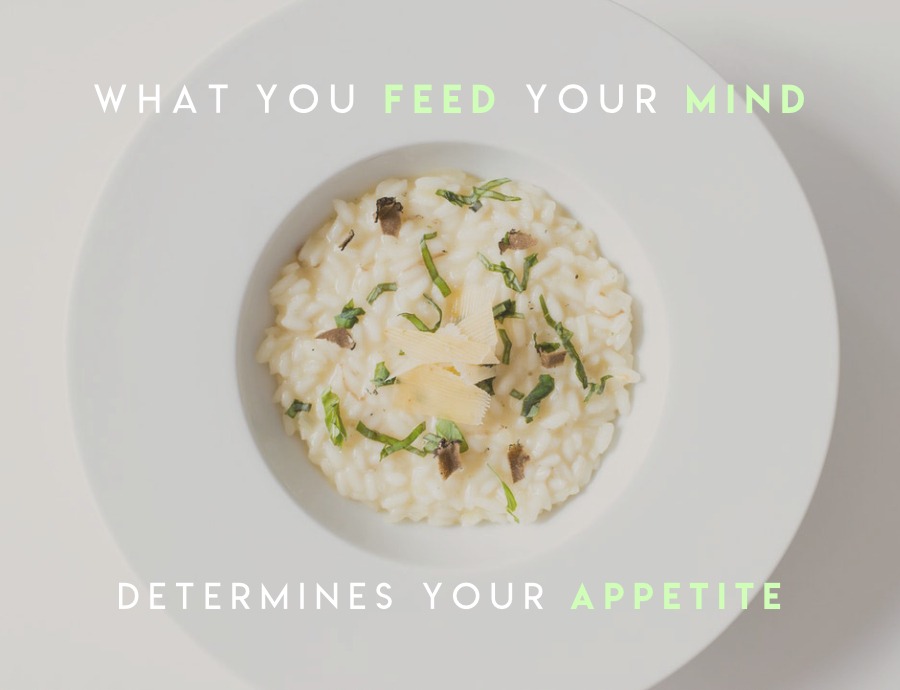Exercise can energize our studies, not just indirectly by making us healthier individuals, etc etc, but directly: studies have shown that strategically chosen and timed exercise can aid our recall, strengthen and lengthen our ability to focus, and free mental blocks. To get a competitive edge, use everything at your disposal. Just as you’re studying smart, you should exercise smart too. Find exercise routines that help you achieve your goals.
Your physical exercise regimen is just as important as your study regimen, but you can be clever about how you get the exercise in. Consider walking, running between classes, taking the stairs. Remember that to be the best student, you need to worry about more than just class notes. Take care of your whole self.
- Use light physical activity to help recall. Studies show that movement helps memory. If you’re working on memorizing vocabulary or facts, try sitting on a stationary bike or an elliptical, and gently work out while you memorize. Studies show that students who work on memory tasks while exercising score significantly higher on later tests of recall.
- Exercise before studying to hone your concentration and focus after. There are some suggestions that regular exercise, even just quick bouts of fifteen minutes, every day, works to increase your focus and your ability to concentrate. Fifteen minute blocks are easy to come by, and you don’t need to sign up for a gym: you can run around the block, walk up your building’s stairs, etc. Try to time the physical activity so that you can begin a study session shortly after to really make use of the physiological effects. You do have to exercise regularly for this to work, however. Try it every day, but do make sure that you get in at least three sessions per week.
- Exercise regularly to shake yourself loose from mental blocks. When you’re working on a tough assignment, or stuck with a problem, or starting to lose your focus, then it’s better to take a break than to bulldoze through. Studies show that students who get stuck on problems are more likely to come up with the right solution if they can take a break in which they focus intently on something completely different. A very effective break could be a quick workout. Try running around the block, or walking up stairs, or even just walking quickly. Yoga or Pilates can help you to zone out of the work space and into your practice. The change of scene, paired with the physiological effects of cardio exercise, could help you to zone back in and solve the problems in new and creative ways.
- Exercise to boost your mood and to alleviate stress. One of the best benefits of regular exercise is that it’s a great stress buster. The endorphins make you happy short term. Studies show major psychological and physiological benefits in the long term.
Your physical exercise regimen is just as important as your study regimen, but you can be clever about how you get the exercise in. Consider walking, running between classes, taking the stairs. Remember that to be the best student, you need to worry about more than just class notes. Take care of your whole self.

